Whether you’re enjoying some sunny Mediterranean weather or skiing this winter, or you just want to surprise a friend by sending them a Christmas card in their language, here are all the European Christmas greetings you could need.
This colorful map of Europe was made by Jakub Marian, a Czech linguist who makes fun infographic maps in addition to having written a line of textbooks. If you like this Christmas map, you can check out his other maps that you can use all year long, like how European languages say “I love you”. His map of tea may surprise you with its simplicity – it looks like the world’s most popular drink is the one thing that most of us are in agreement about.
More info: Official site | Twitter | Amazon
This map shows how Europe says Merry Christmas
The colors on the map show the etymological roots of each phrase: for example, red represents Romance languages that use a Latin-based word for the event of the birth of Christ. You can see that some other languages, like the Celtic languages and Turkish, get their Christmas greetings as loanwords from the Romance languages. You can also see that up north, highlighted in green, people get their word for Christmas from the Old Norse pagan festival jól (we have this word in English as Yule!)
In Marian’s analysis on his website, he explains that he groups together German, Czech and Slovak because the latter two languages adopted an old German word for “holy night” into their lexicon.
He also explains that Romanian and Hungarian, even though Romanian is an Indo-European language like the other Romance languages, while Hungarian is from a completely different family, seem to have gotten their word for Christmas from the same root in either Proto-Slavic or Latin.
Maybe you didn’t know that Christmas is celebrated differently all over Europe, and in many places, it’s not over yet. Orthodox Christians in Russia, Ukraine, and parts of the Balkans will be celebrating the Nativity on January 7th, due to a difference in the ceremonial calendar that they use, and get national holidays to match.
However, in countries that spent most of the 20th century under Soviet control, suppression of religion prevented celebrating Christmas, which meant that Christmas celebrations were largely rebranded and merged with New Year’s Eve. As a result, many cultures as you go east celebrate New Year’s Eve more heavily than Christmas to this day, often mixing imagery from the two holidays. (Conveniently, Marian has included a map for that too!)
Here are all of the phrases listed on the map, if you need to copy and paste them:
Albanian: Gëzuar Krishtlindjet
Basque: Eguberri on
Belarusian: з Калядамі or з Божым Нараджэннем (z Kaljádami or z Bozym Naradžénnjem)
Breton: Nedeleg laouen
Bulgarian: Весела Коледа or Честито Рождество Христово (Vesela Koleda or Chestito Roždestvo Hristovo)
Catalan: Bon Nadal
Croatian: Sretan Božić
Czech: Veselé Vánoce
Danish God jul or Glædelig jul
Dutch: Vrolijk Kerstfeest
English: Merry Christmas or Happy Christmas
Estonian: Häid jõule
Finnish: Hyvää joulua
French: Joyeux Noël
Galician: Bo Nadal
German: Fröhliche Weihnachten or Frohe Weihnachten
Greek: Καλά Χριστούγεννα (Kalá Christoúgenna)
Hungarian: Boldog karácsonyt
Icelandic: Gleðileg jól
Irish: Nollaig Shona + Dhuit (singular) or Daoibh (plural)
Italian: Buon Natale
Latvian: Priecīgus Ziemassvētkus
Lithuanian: Linksmų Kalėdų
Luxembourgish: Schéine Chrëschtdag
Macedonian: Среќен Божиќ or Христос се роди (Sreḱen Božiḱ or Hristos se rodi)
Maltese: il-Milied it-Tajjeb
Norwegian: God jul
Northern Sami: Buorit juovllat
Romanian: Crăciun fericit
Occitan: Bon Nadal
Polish: Wesołych Świąt (Bożego Narodzenia)
Portuguese: Feliz Natal
Russian: с Рождеством (Христовым) (s Roždestvóm [Hristóvym])
Scottish Gaelic: Nollaig Chridheil
Serbian: Srećan Božić or Hristos se rodi
Sardinian: Bona Pasca de Nadale
Slovak: Veselé Vianoce
Slovene: Vesel božič
Spanish: Feliz Navidad
Swedish: God jul
Turkish: Mutlu Noeller
Ukrainian: з Різдвом (Христовим) (z Rizdvóm [Hrystóvym])
Welsh: Nadolig Llawen
Jakub Marian’s books and map prints can be found on his official website.
Explore more of these tags
For Great Britain, I always thought it was "Happy Christmas." I heard that a lot when visiting as a kid, but that's been some years now. It could have been due to the area I was in, has it changed?
Happy Christmas is definitely more common than Merry Christmas, I would agree and I live in the UK.
Load More Replies...OK, not European but in Hebrew: "Hag Molad Same'ach", literally "holiday of birth happy" (the adjective is usually after the noun in Hebrew).
I wonder what they all actually mean. We scandis are still heathens :p Jul is the old norse celebration. I wonder if any of the other greetings have a simikar background or if they all relate to the Christ part of Christmas?
In Serbian ''Hristos se rodi'' means ''Christ was born'' this is the first part of Christmas greeting, other person suppose to answer ''Vaistinu se rodi'' means ''He trully was born''.
Load More Replies...For Great Britain, I always thought it was "Happy Christmas." I heard that a lot when visiting as a kid, but that's been some years now. It could have been due to the area I was in, has it changed?
Happy Christmas is definitely more common than Merry Christmas, I would agree and I live in the UK.
Load More Replies...OK, not European but in Hebrew: "Hag Molad Same'ach", literally "holiday of birth happy" (the adjective is usually after the noun in Hebrew).
I wonder what they all actually mean. We scandis are still heathens :p Jul is the old norse celebration. I wonder if any of the other greetings have a simikar background or if they all relate to the Christ part of Christmas?
In Serbian ''Hristos se rodi'' means ''Christ was born'' this is the first part of Christmas greeting, other person suppose to answer ''Vaistinu se rodi'' means ''He trully was born''.
Load More Replies...
 Dark Mode
Dark Mode 

 No fees, cancel anytime
No fees, cancel anytime 






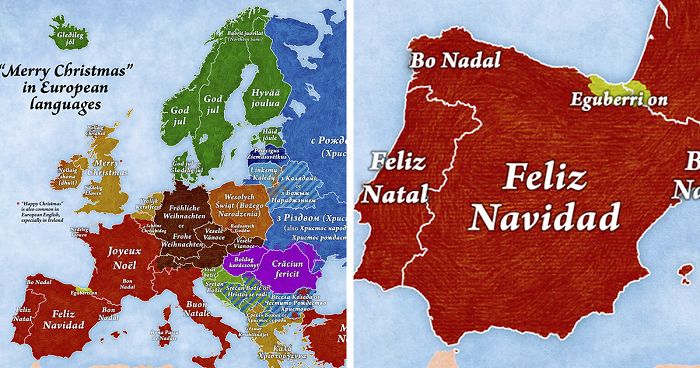
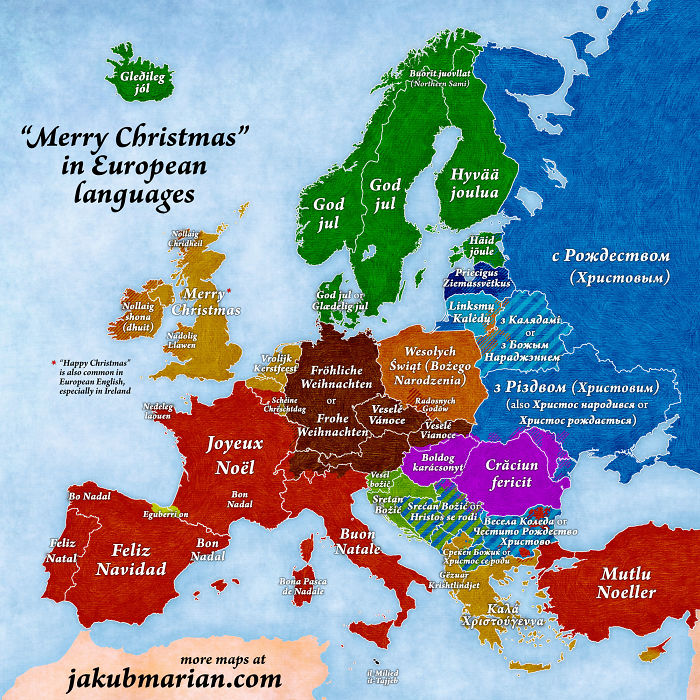
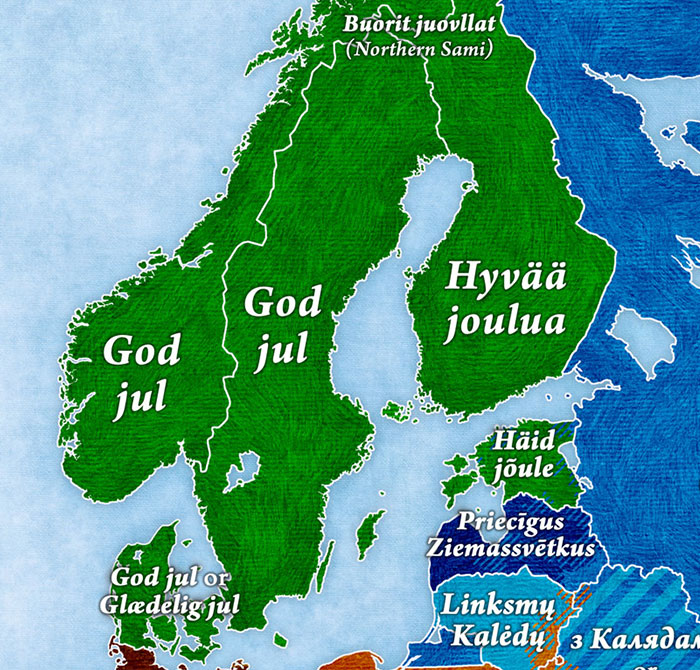
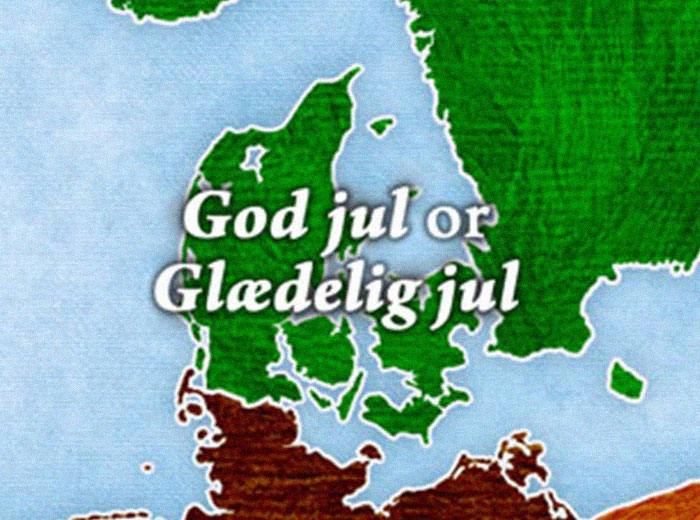
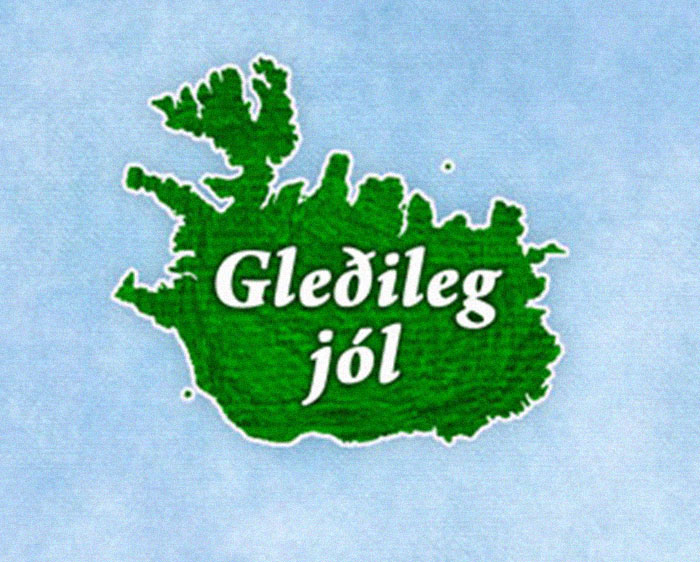
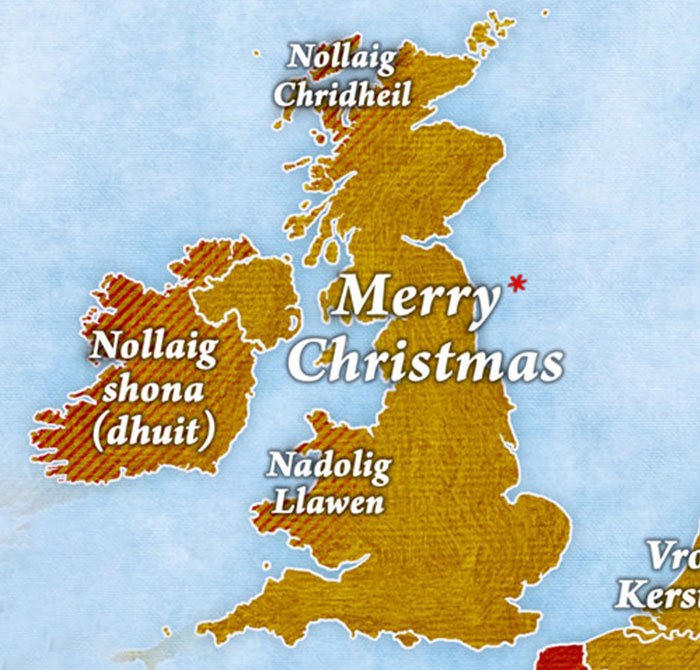
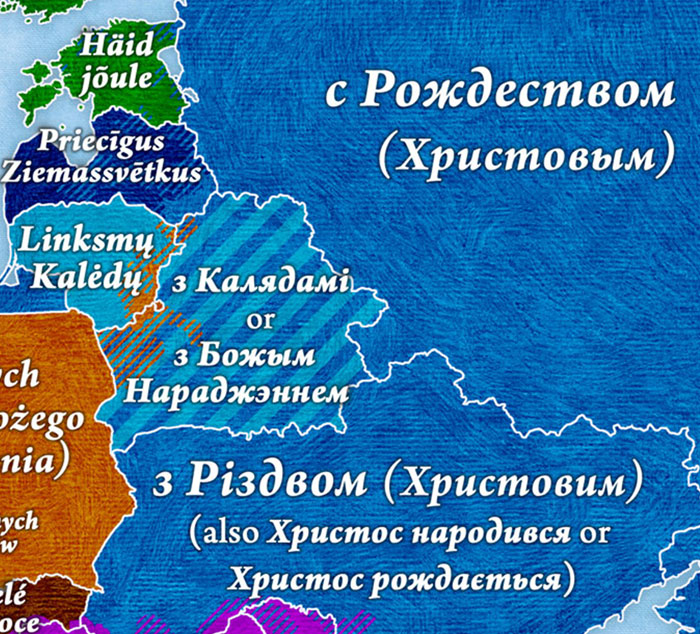
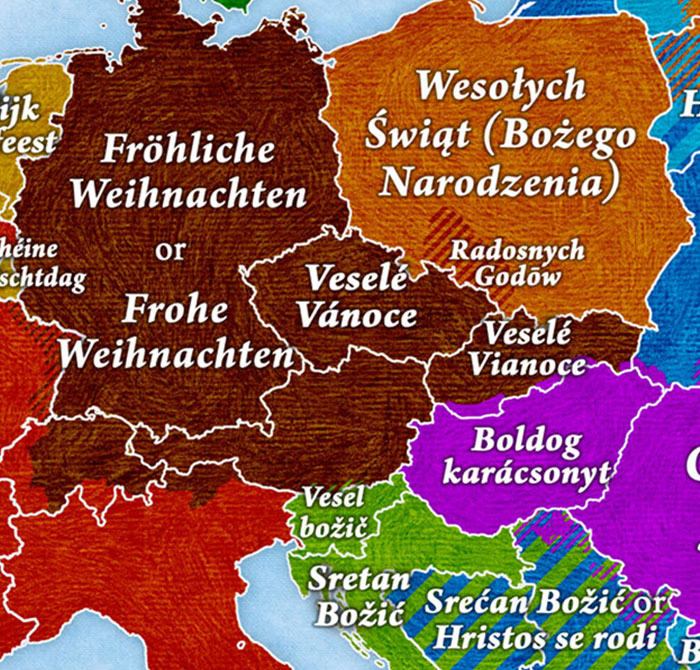
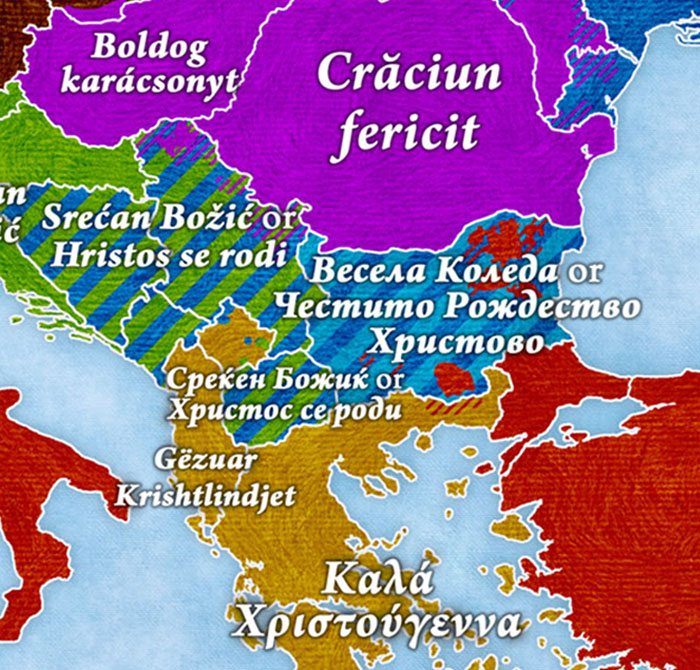
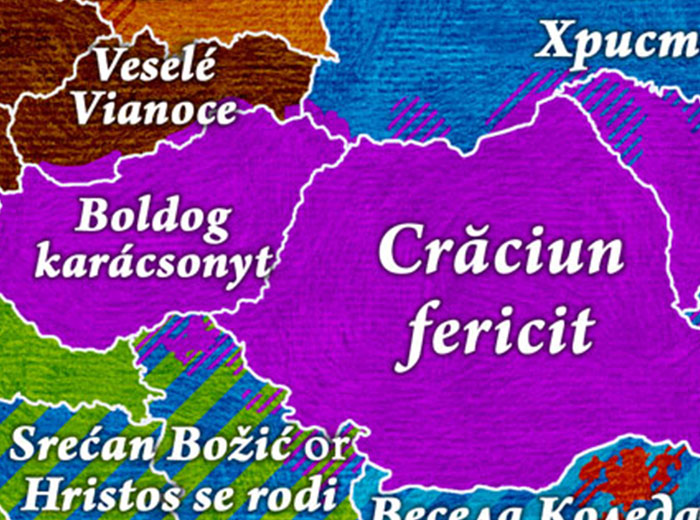
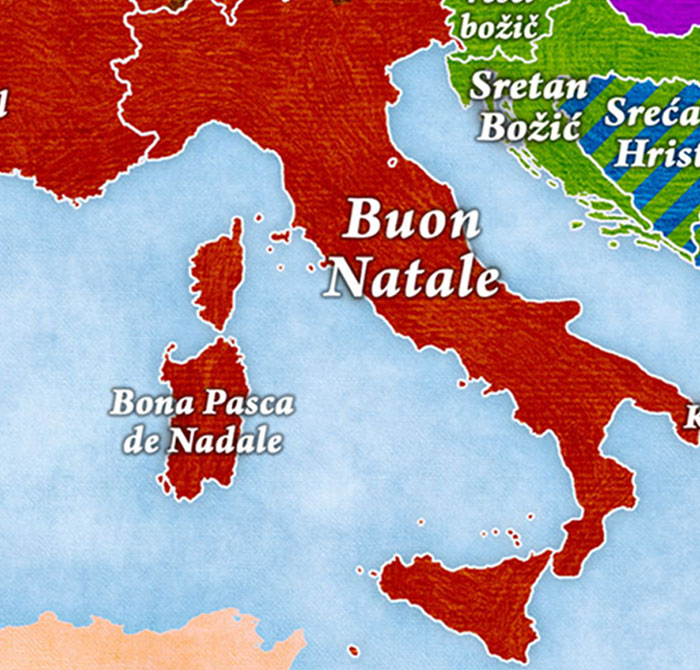
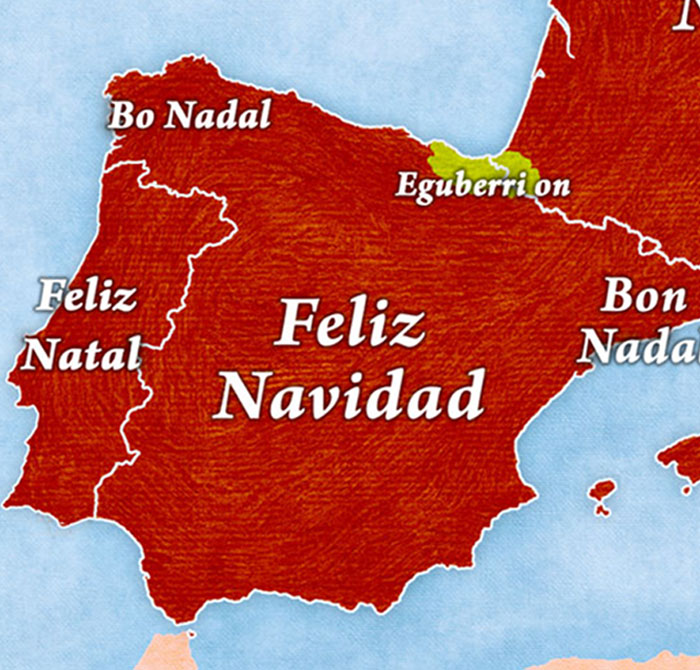
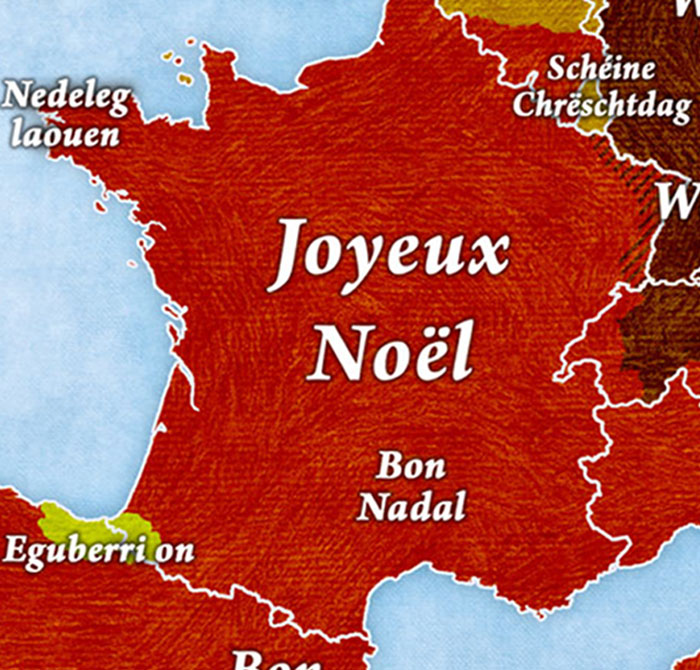
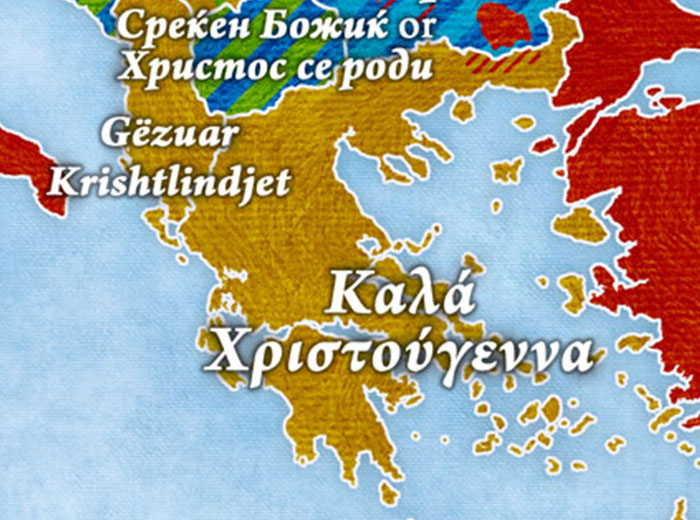
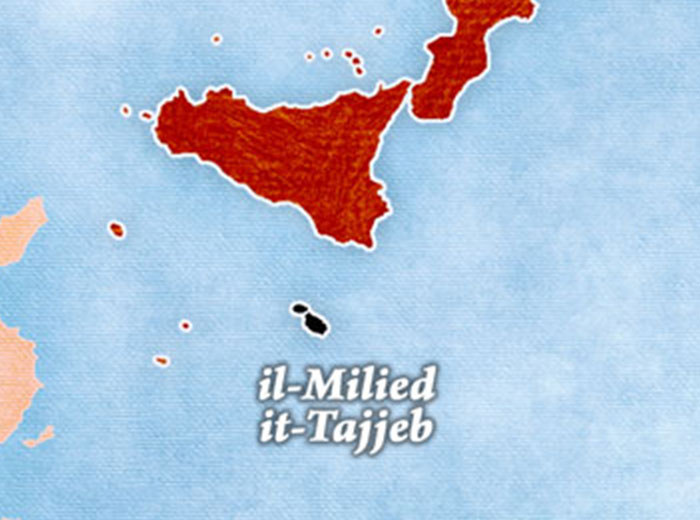












































180
65